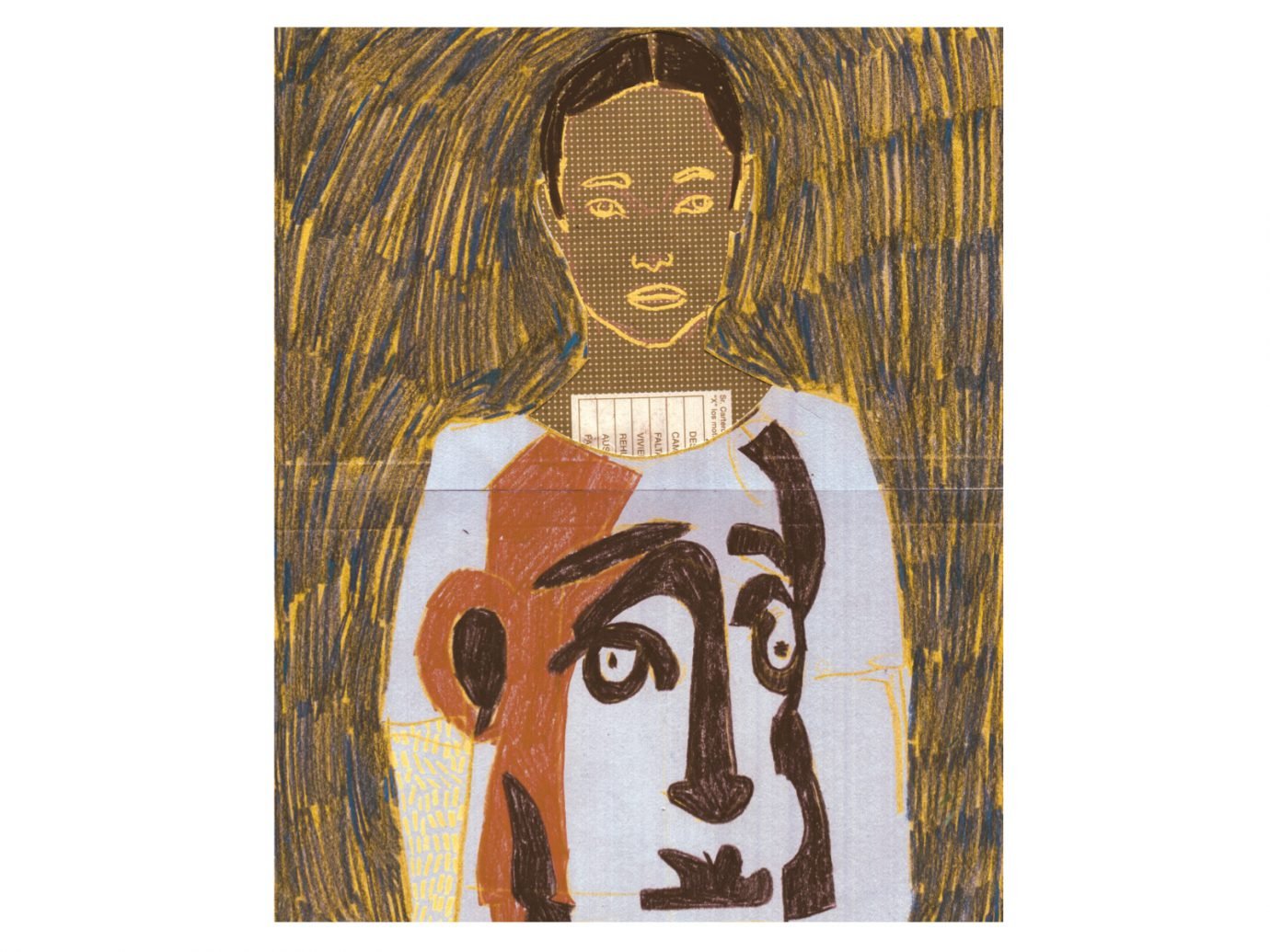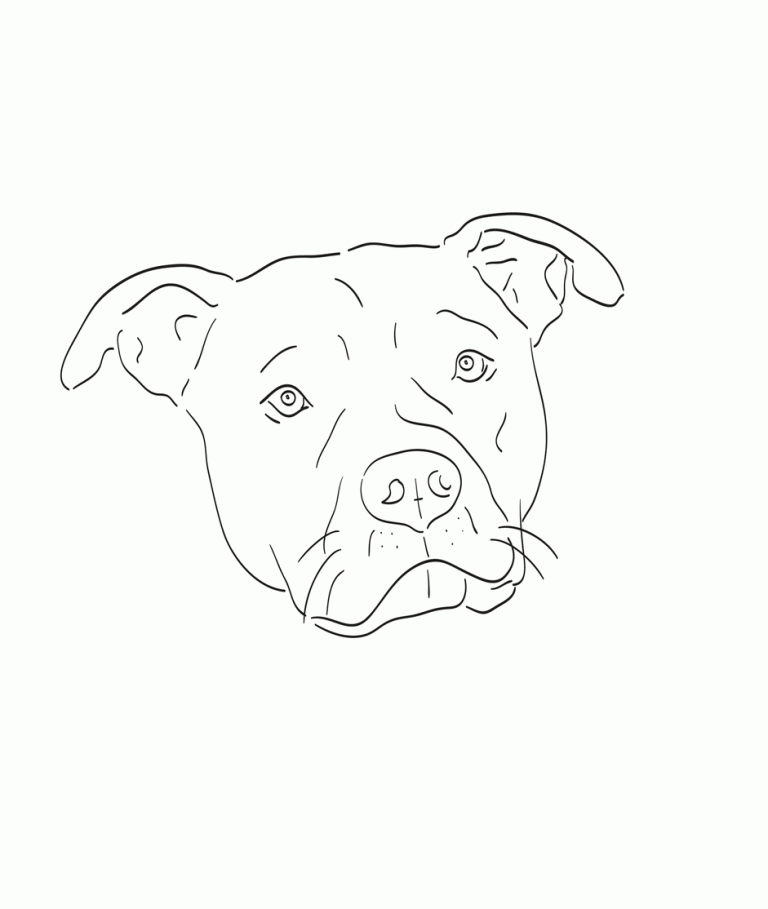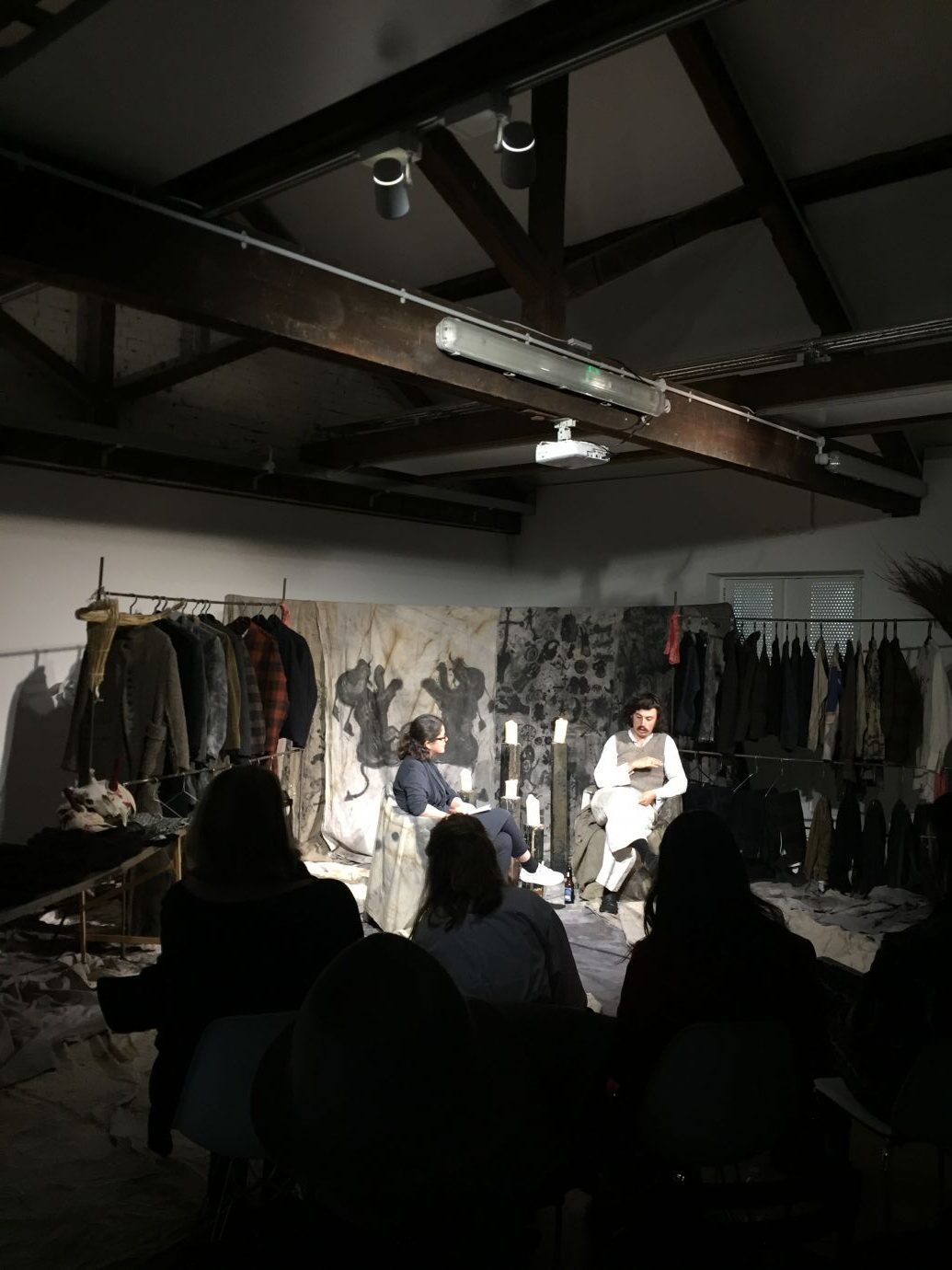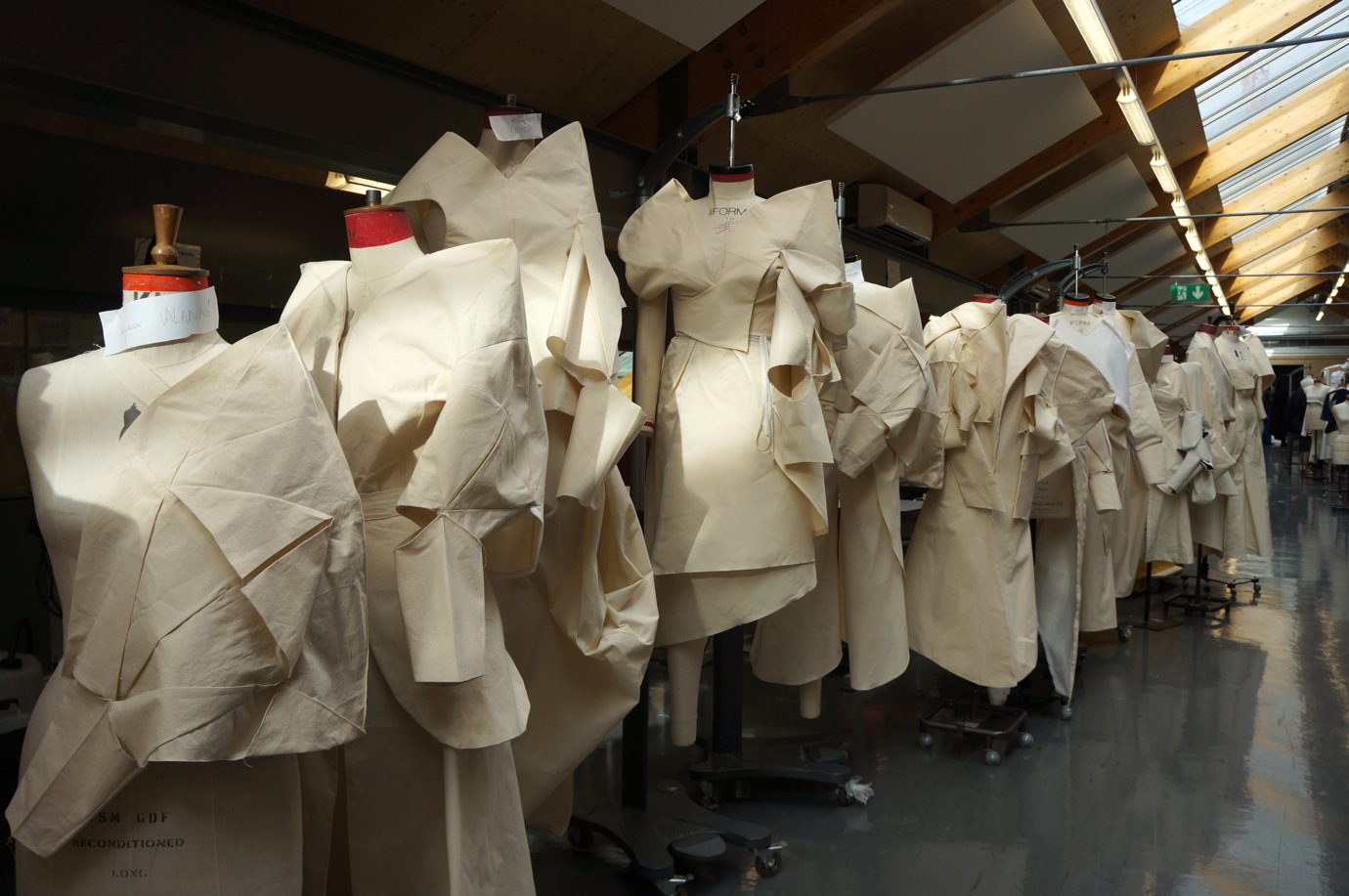1 Granary
First question: Have you been involved in London Fashion Week before? In what capacity? (Attending shows? Volunteering backstage? Modelling? Showing your own collection?)
Laura K. Frandsen
@laurakfrandsen
I’ve attended a few shows by designers that I know personally, but in general I’ve never had much interest in fashion weeks.
Peter Movrin
@petermovrin
I got a ticket to a Burberry show when I was on the MA at CSM. For butcher from Slovenia that was a whole new level of experience. Even nicer was when we had the graduation show and I was lucky enough to be chosen. I was so full of emotions.
Bianca Batson
@biancabatson
My first experience was modelling Meadham Kirchhoff and Fashion East shows! Then I was working for Ashish and shot backstage for 1 Granary. I guess I had a personal relationship with most of the designers, so for me it was all positive and quite fun! It’s been a few years though.
Marvin Desroc
@marvindesroc
I’ve always seen it from backstage – mostly volunteering. I’ve attended a couple of shows and, thanks to the MA, I guess I was able to show this time around. Backstage is madness but the adrenaline is great. Attending shows is not what excites me the most. It excites me more to actually work towards that show. And seeing people’s reaction to your work the day after.
Célia Fröhlich
@abbild.studio
I attended and modelled at Berlin Fashion Week when I was younger, at the beginning of my studies. It was something I had never experienced before and I felt this sense of exclusivity. Like I was attending all these events I had only seen in magazines before. During my MA, I helped NEWGEN recipient Paula Knorr with her presentations as an intern and a friend. I helped with everything backstage and got to know what it means to work towards London Fashion week as the person who creates this one climax and goes through a mentally and financially challenging time to achieve that.
Josephine Jones
@josephinejonessdiary
I’ve been working as a model for designers, including my friends such as Charles Jeffrey, Veronique Leroy and ARTSCHOOL for years. Last year I signed with Elite Models so fashion week is rather manic for me now! I also attend a few shows, these days in a more official manner. Fashion East and Christopher Kane are personal favourites and always very fun. However, I’ve been sneaking into loads of shows for years and it is way more exciting than getting an invitation!
Sidonie Wilson
@sidoniewilson
I’ve worked at four years of fashion shows, so 8 seasons and about 8-10 shows each season, in London. I’ve managed shows from seating plans, invitations, managing press, photographers, VIP management and seating. Always working long hours, in the lead up to and over LFW and always wearing black.
Emma Louise Rixhon
@etwoagency
Both in NY and London, I’ve only been when I’m working – either as a casting assistant or journalist or in this case creating content. I can’t imagine wanting to go if I hadn’t been a part of the process.





















